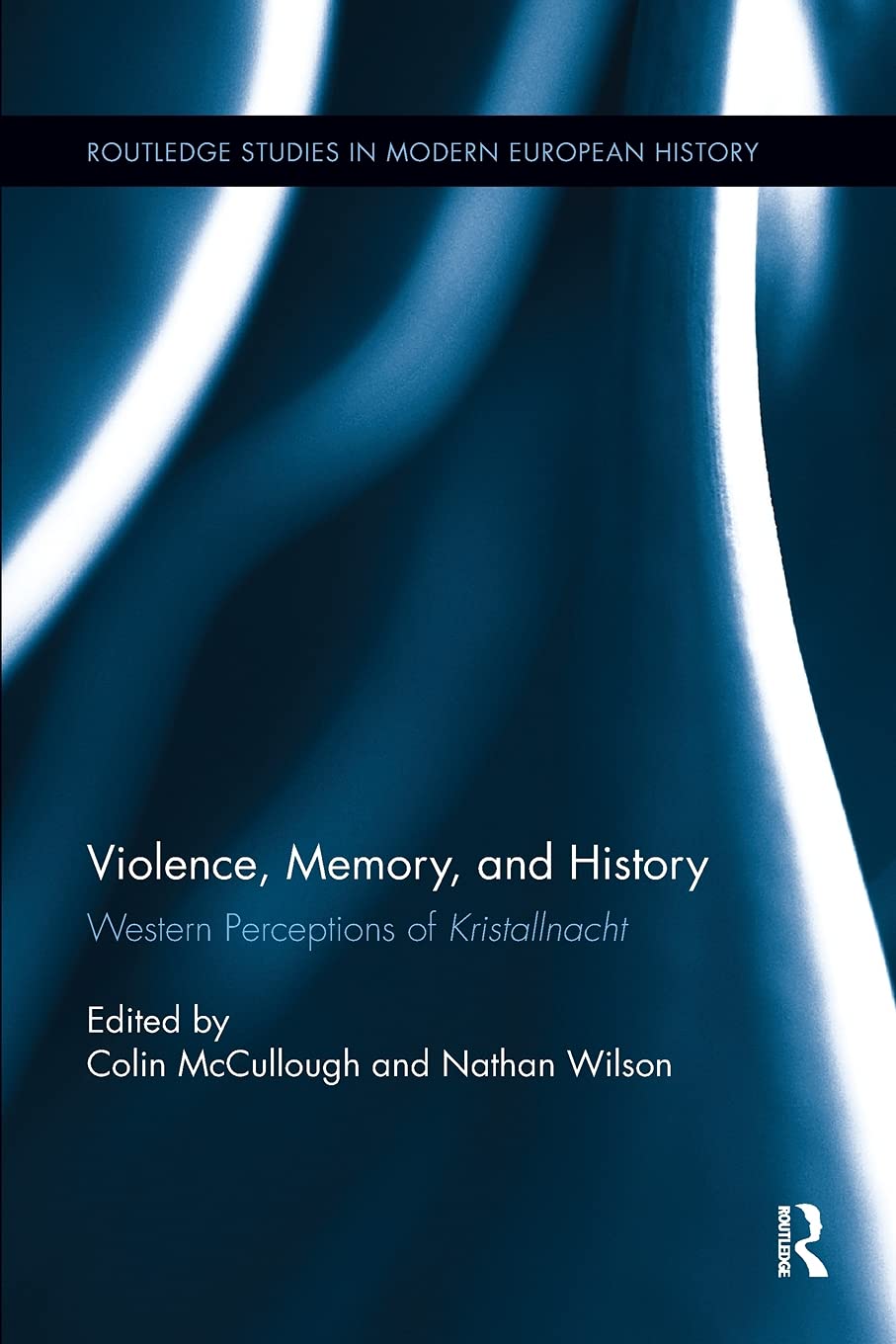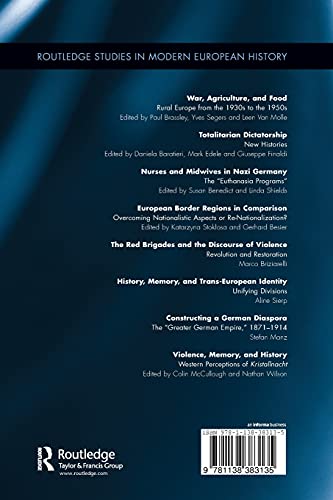Violence, Memory, and History: Western Perceptions of Kristallnacht (Routledge Studies in Modern European History)
Violence, Memory, and History: Western Perceptions of Kristallnacht (Routledge Studies in Modern European History) is backordered and will ship as soon as it is back in stock.
Couldn't load pickup availability
Genuine Products Guarantee
Genuine Products Guarantee
We guarantee 100% genuine products, and if proven otherwise, we will compensate you with 10 times the product's cost.
Delivery and Shipping
Delivery and Shipping
Products are generally ready for dispatch within 1 day and typically reach you in 3 to 5 days.
Book Details:
-
Author: Colin McCullough
-
Publisher: Routledge
-
Language: English
-
Edition: 1st Edition
-
ISBN: 9781138383135
-
Pages: 184
-
Cover: Paperback
-
Dimensions: 9.0 x 6.0 x 0.4 inches
-
Weight: Not provided
About the Book
Kristallnacht: A Transnational Perspective edited by Colin McCullough provides a deep exploration into the horrors of the November 1938 pogrom against the Jews in Nazi Germany, an event that foreshadowed the atrocities of the Holocaust. This edited collection offers a nuanced analysis of the international reactions to Kristallnacht, shedding light on the varied responses from Western audiences, governments, and ordinary people around the world.
The book uncovers a disturbing pattern of governmental inaction, where Western nations, influenced by uncertain economic conditions and pervasive anti-Semitic attitudes, refused to take significant steps to aid German Jews. This refusal contrasts sharply with the outrage expressed by ordinary citizens worldwide, who condemned the violence and challenged the policy of Appeasement being pursued by Britain and France toward Nazi Germany.
For the first time, this collection takes a truly transnational approach, comparing media reactions and government records across countries to give readers a broader, more complete understanding of how the events of Kristallnacht were perceived globally. With its comprehensive and comparative analysis, this book is an invaluable resource for those seeking to understand not only the historical significance of Kristallnacht but also the global response to this tragic turning point in history.







